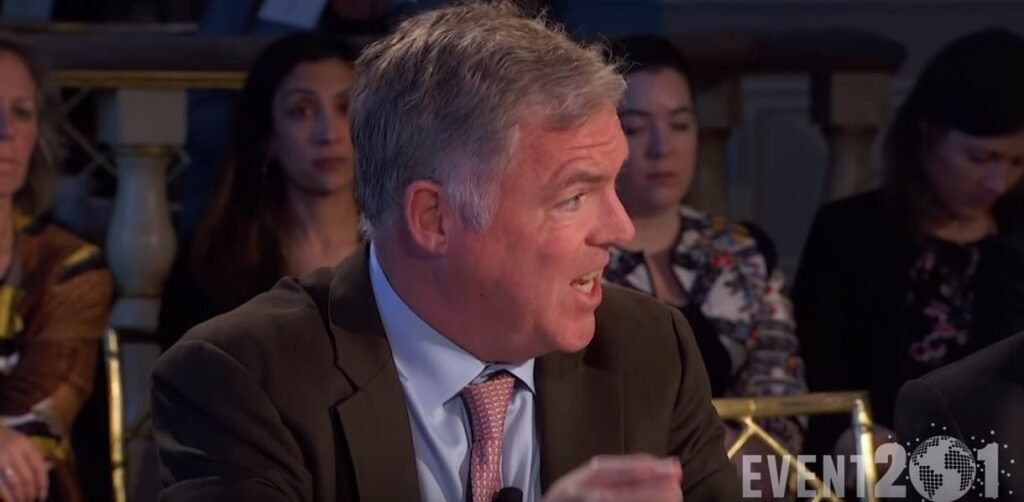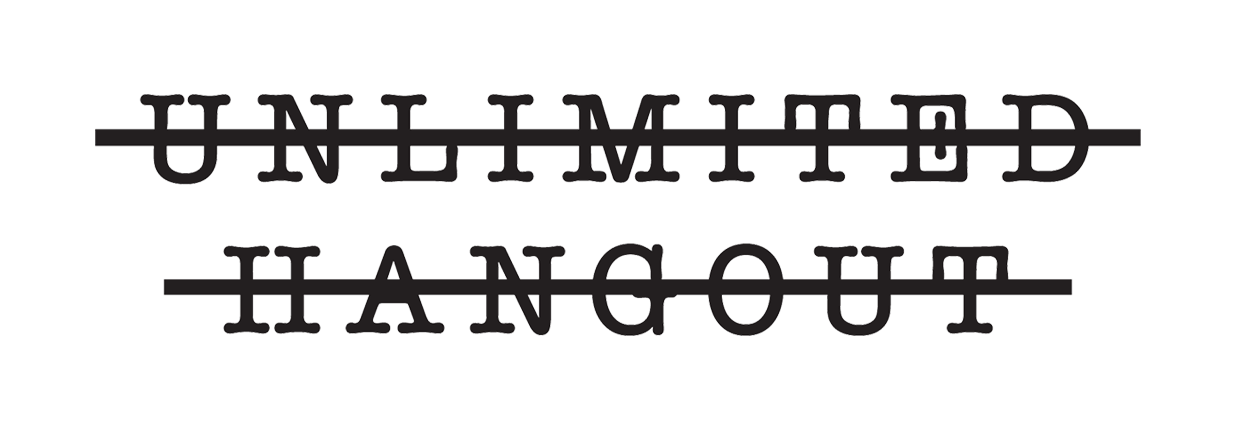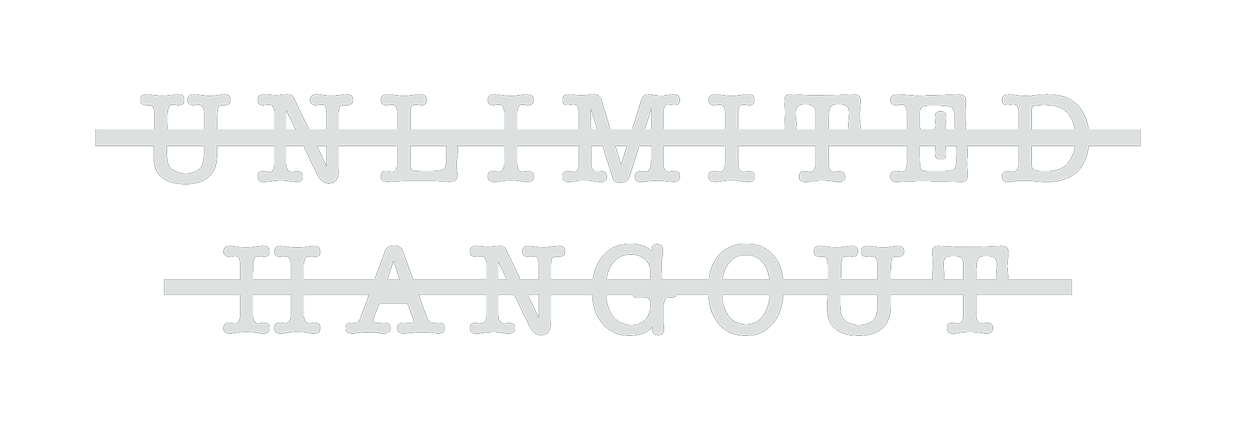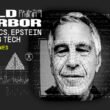“We need to regain trust” is the theme of the year, according to remarks made by the World Economic Forum’s executive chairman Klaus Schwab in January 2021. But trust may be hard to engineer in an age of professional disinformation campaigns by governments, the mainstream media, and a handful of powerful elite public relations companies.
Edelman, an American public relations and marketing consultancy firm founded by Daniel J. Edelman in 1952, is the largest public relations firm in the world by revenue, and some would also say by reputation. Today, the company is run by Daniel Edelman’s son, Richard Edelman. It is a firm with a rich history of controversial efforts to completely change the narrative of some of the most contentious modern issues. It also boasts close ties to the World Economic Forum and the Forum’s attempt to engineer “trust” in its various agendas.
Edelman is often found representing organizations experiencing what could be best termed as public relations nightmare scenarios. Edelman, with its previous experience representing the American Petroleum Institute—the trade association for the oil and gas industry that lobbied for the Keystone XL pipeline and the fossil fuel exploration of the Canadian tar sands—is no stranger to advocating for companies stuck in atypical negative PR situations with little, if any, possible positive outcomes. If you are a giant corporation with a reputation to launder, then Edelman is the go-to professional firm to help your organization rebuild its image or to simply help mitigate as much reputational damage as possible.
Edelman has worked on behalf of some of the most powerful businesses in the corporate world, including Microsoft, Pfizer, Johnson & Johnson, Unilever, Wal-Mart, and General Electric to name just a tiny fraction of their past and present clientele. The company is one of the largest PR firms in the world for a reason: it fights dirty, and in doing so it often uses imaginative, yet underhanded, methods of manufacturing public consent.
The Edelman empire wasn’t created by a simple run-of-the-mill marketing graduate, but rather its founder, Daniel J. Edelman, was part of the US Army’s Psychological Warfare Unit during World War II. Dan Edelman was an expert in analysing and utilizing propaganda to change the mindset of the general population. His ties to the US national-security state persisted after the war, particularly through his decades-long close friendship with secretary of defense and pharmaceutical executive Donald Rumsfeld. Today, the Edelman company practices aggressive marketing techniques that achieve results like those in wartime.
The Edelman firm has not only been a vehicle for laundering the public images of big corporations, but it is also used by various governments worldwide, which allows it access to all the major halls of power. Edelman is also deeply involved with the World Economic Forum, with Richard Edelman not only an official agenda contributor to the WEF, but his firm managing the very image of the globalist organization, which is advocating for a “great reset” to launch us into what the WEF terms “the Fourth Industrial Revolution.” Edelman was also represented during the suspiciously timed Event 201 pandemic simulation of 2019, which was arranged by the WEF, the Bill & Melinda Gates Foundation, and the Johns Hopkins Center for Health Security.
In studying Edelman, we soon discover a theme that is similar to that of other elite organizations—that is, “truth” is often defined in terms that are technical and disconnected from the average human’s general understanding of what truth really means. Edelman is an organization that has consistently been caught using some of the most deceitful methods known in fighting against actual truth. Edelman is not a standard PR firm, but rather it is a modern propaganda machine that is often caught helping criminal corporations and rogue governments get away with murder. Understanding how it works is fundamental to our ability to make informed decisions based on fact rather than on feelings manipulated by elite malevolent players. Klaus Schwab and his World Economic Forum are, even so, hoping that Edelman will be able to help restore public trust in its “stakeholder capitalism” and globalism in general through its time-tested methods of deceit and manipulation.
The Edelman Trust Barometer
One of Edelman’s most well-known gimmicky vehicles for the manufacture of consent is what it calls the Edelman Trust Barometer. Launched in 2000, the Edelman Trust Barometer is an annual survey of how much trust and credibility the world’s four major institutions—government, business, media, and nongovernmental organizations—have in the eyes of the public. The measuring of public trust has allowed Richard Edelman to be seen as a veritable prophet in the world of public relations, even though many of his prophecies merely state the obvious in the view of most people. When such messages are conveyed to an elite that is completely isolated from experience with the general public, however, they are greeted as profound insights.

In 2020, as host of the Edelman Trust Barometer annual event at the World Economic Forum in Davos, Richard Edelman explained to a small audience that in the first ten years of the new millennium, certain events during the proceeding decade negatively affected the level of trust people now have in institutions. He identified the Iraq War, globalization, the Great Recession, and the rise of India and China as the leading factors in the loss of trust. Edelman contended that these events were the primary cause of the mass class divide, the battle for truth (due to social networks), and an “incredible concern for the future of work” because they led to the rise of the gig economy, automation, and outsourcing. Edelman went on to say, “The hypothesis I’m going to make today about the construct for trust is that it now relies not just on competence, but it also relies on ethical behavior.” Richard Edelman’s use of a technical description of truth is telling as to how he perceives the concept of “ethical behavior.”
The Edelman Trust Barometer can be a fairly accurate judge of public opinion regarding major institutions both public and private, but it is often used as a tool to aid in crafting the public image of some of the most brutal, iron-fisted regimes in the world. An example of this is Edelman frequently representing of one of the least-free nations on earth, Saudi Arabia. Even though Saudi Arabia has been wrapped in controversy, including the murder of journalist Jamal Khashoggi, since the rise of Mohammed bin Salman Al Saud, the Edelman Trust Barometer has apparently found the kingdom to be one of the most trusted governments in both 2020 and 2021. This obvious contradiction with reality lays bare the true reason for the Edelman Trust Barometer—its use as a tool for manufacturing consent for the MBS regime’s war crimes in Yemen.
One of the more interesting and topically relevant conclusions drawn from the Trust Barometer results over recent years relates to “fake news.” If you were to assume that when Edelman uses the term “fake news” it is always referring to misinformation on social media by unknown and nefarious sources, you would be wrong. In a YouTube video on Edelman’s official channel from 2018, Richard Edelman discusses fake news openly, saying that the Edelman Trust Barometer 2018 showed two main causes for concern: an “implosion of trust in the United States and the decline of trust in the global media.” Edelman also notes that, in that year, America had witnessed “absolutely the biggest decline that we’ve seen of trust in a country in one year.” The 2018 survey also showed that “media” was the least trusted institution for the first time on record and that “media” was distrusted in twenty-two of the twenty-eight countries included in the Edelman survey.
Also in 2018, it was reported that Edelman was lobbying the public relations industry to “shift from advocacy to education in the fake news era,” asking businesses to re-educate their staff and going on to characterize the post-Trump era as the “age of disinformation.” When the results of the 2019 Edelman Trust Barometer were announced in Davos at the WEF, the situation had not improved for the mainstream media, with Richard Edelman describing media institutions as “a plane that’s running out of gas.” He suggested that the cause of the distrust in mainstream media is mostly due to the politicization of big news organizations, a criticism that appears obvious to any regular observer of mainstream news organizations.
Since the dawn of the COVID-19 era, Edelman has been busier than ever. In 2020, Richard Edelman coauthored an article alongside Merck’s executive vice president and chief patient officer Julie Gerberding entitled Vaccine Hesitancy Poses a Major Threat to Recovery from the COVID-19 Pandemic. Gerberding had served as head of the US Centers for Disease Control and Prevention (CDC) before becoming a Merck executive. In the article, originally published on the World Economic Forum website, Edelman and Gerberding assert that “building and sustaining public trust and confidence in immunization systems is essential.” They add, “With 78% of people saying that businesses have a responsibility to help protect their employees and their communities, the World Economic Forum, informed by the collective expertise of its partners, is initiating a coalition of like-minded employers committed to building and sustaining vaccine confidence and literacy in the workplace.”
For many people, the merger of business and government is not only the exact definition of fascism, but it can also be a way for public bodies to avoid accountability for making legally questionable or outright illegal policy choices. Yet, Edelman, Gerberding, and the WEF claim they want to simply see businesses educate their employees about the potential dangers of “vaccine hesitancy.”
The firm uses its annual Edelman Trust Barometer to produce stats to back up its assertions, an additional use of the gimmick for manufacturing consent and altering public perceptions. In the previously mentioned article authored by Edelman and Gerberding for the WEF, they justify their assertions by quoting simplistic survey data from their 2020 Edelman Trust Barometer Special Report: Trust and the Coronavirus. That report claimed that 63 percent of employees want their employers to share coronavirus information with them daily. The report goes on to warn that “the future will remain in suspended animation unless we leverage our roles as employers to promote a credible, factual understanding of infectious disease, disease prevention, and confidence in vaccination.”
Flooding the Zone
In October 2019, Edelman’s chief operating officer Matthew Harrington took part in Event 201, the simulation of a global coronavirus pandemic that was hosted by the World Economic Forum, the Bill & Melinda Gates Foundation, and Johns Hopkins Center for Health Security. This fantastically timed pandemic simulation covered the potential measures that governments and corporations would need to enact to control the global population in the time of a great pandemic, including ways to control the narrative through the mainstream media and social media. Speaking at the event during segment 4, entitled “Communication Discussions and Epilogue,” Matthew Harrington stated, “I think we’re at a moment where the social media platforms need to step forward and recognize that the moment to assert that they’re a technology platform and not a broadcaster is over. They in fact have to be a participant in broadcasting accurate information and partnering with the scientific and health communities to counterweight, if not flood the zone, of accurate information. Because to put the genie back in the bottle of disinformation or misinformation is nigh on impossible.” The “flood the zone” approach Harrington suggested using was subsequently enacted during the actual COVID-19 crisis via the targeting and censoring of any alternative information to officially sponsored narratives. It should also be noted that Edelman’s inclusion in the Event 201 simulation is questionable in itself: Why would a major PR firm be one of the first partners chosen to help respond to a pandemic, especially a company with such a long history of producing disinformation and misinformation?

This technique of flooding the zone is a PR media strategy in which the press and hired media experts create a veritable “flood” of news stories to distract and deflect from bad press created by a controversial decision, policy, or event. This will usually include, but is not limited to, unnamed officials leaking a story that will take the lead in the following news cycle, news articles around a particular narrative or topic being created by mainstream outlets and their allies en masse and using trusted sources and celebrities to help spread the “right” messaging on all social media platforms. When enacted over a long period of time, flooding the zone becomes akin to brainwashing as it blocks out all alternative views, whether they are credible or not. This strategy is usually employed by authoritarians, populists, and dictators to force a specific narrative on a population.
In January 2020, Vox reported that Steve Bannon, the former head of Breitbart News and former chief strategist for Donald Trump, used this technique to help Trump get into the Oval Office. “The Democrats don’t matter,” Bannon reportedly said in 2018. “The real opposition is the media. And the way to deal with them is to flood the zone with shit.” The same article goes on to posit that Bannon “sees Trump as a stick of dynamite with which to blow up the status quo. So ‘flooding the zone’ is a means to that end. But more generally, creating widespread cynicism about the truth and the institutions charged with unearthing it erodes the very foundation of liberal democracy.” In today’s world, the same techniques that mainstream outlets have admitted “erodes the very foundation of liberal democracy” is being used by “liberal democracies” to control people’s perception of the alternative and independent media.
The usual goal of propaganda is to reinforce a consistent official narrative. But zone flooding seeks to disorientate its audience through an abundance of competing stories that leave people confused and susceptible to a well-branded, well-prepared, and more manipulative narrative. The Vox article is itself a perfect example of a carefully constructed narrative-seeder, as it later audaciously accuses Vladimir Putin of having pioneered the technique of flooding the zone in post-Soviet Russia without mentioning the technique’s longstanding use by American public relations companies such as Edelman.
Until recently, zone flooding has been seen as a dirty tactic to control a narrative the establishment views as threatening, but now it is freely offered up by Matthew Harrington of Edelman as the obvious solution for drowning out competing narratives and information during the COVID-19 era. Given that the Event 201 pandemic scenario coincided with the first reported cases of COVID-19 and that since then we have witnessed all mainstream sources and global social media platforms flooding the zone with their information, anyone should be able to see the power and influence Edelman has over government and corporate policy, as well as how those entities react to public-health emergencies and how they communicate with their populations.
Murderous Marketing
For most people trust is earned, but for many of Edelman’s clients and for the company itself trust can be bought by marketing, cheating, tricks and gimmicks, as well as through censoring competing, and often more truthful, narratives. In this year, when Klaus Schwab, the World Economic Forum, and their partners are attempting to regain trust, Edelman global communications and Richard Edelman will be at the frontline of the battle. What is striking about the many blogs and interviews Richard Edelman has put out into the world is that he never seems to say trust is something that is gained by being honest. Instead, businesses are encouraged to have an external perception of honesty. For Edelman, appearing ethical is much more important than being ethical.
The entity charged with selling (or restoring) trust in global institutions is a professional trickster that has helped some of the most heavily polluting, health damaging, and dangerous corporations appear innocent to an angry public—well before COVID-19 or the Great Reset. This is noteworthy because a turning point that Klaus Schwab has talked about since the beginning of 2021 is the WEF’s change of focus from the global coronavirus pandemic to the climate crisis. But how can we trust the opinions of these “stakeholder capitalists” on climate change when they are intimately supported by organizations that have spent decades working for some of the biggest polluters on earth?
Edelman’s support of the biggest polluting corporations on the planet and its willingness to support the Saudi Arabian regime’s authoritarian actions should normally be too much for most people to swallow. But most people have never heard of Edelman and have no idea that it helps sustain criminality in both the private and public sectors. Edelman works in the shadows and regularly hires ex-politicians and their assistants to aid them in gaining access to the halls of power. The firm has carried out some of the dirtiest public relations campaigns in recent history. It makes a living by distracting people from the widespread malpractice of its clients by using some of the cheapest and most underhanded methods available. Public opinion regarding many of the world’s most important issues seems to be easily swayed by Edelman’s slick PR tactics and its political influence. Richard Edelman has collected many affiliations during his prestigious career, and one is being an agenda contributor for the World Economic Forum. Now, with the Great Reset in full swing, we can expect to see more activity from Edelman and his PR firm than ever before.
There is a theme running throughout the world of the elite and the powerful members of the WEF that we should pay attention to. As I reported in a February 2021 article entitled Schwab Family Values, Klaus Schwab’s father, Eugen Schwab, and his company helped the Nazis try to obtain an atomic bomb, which, of course, could have changed the fortunes of Hitler’s Germany. Years later, Klaus Schwab similarly helped the same company try to aid the South African apartheid regime gain a nuclear weapon—a perfect example of a son following in his father’s footsteps. With Richard Edelman, we can see a similar pattern. Whereas Daniel J. Edelman worked in the US Psychological Warfare Unit during World War II, it appears that his son has gone on to work as the point man for the Psychological Warfare Unit of the World Economic Forum.







